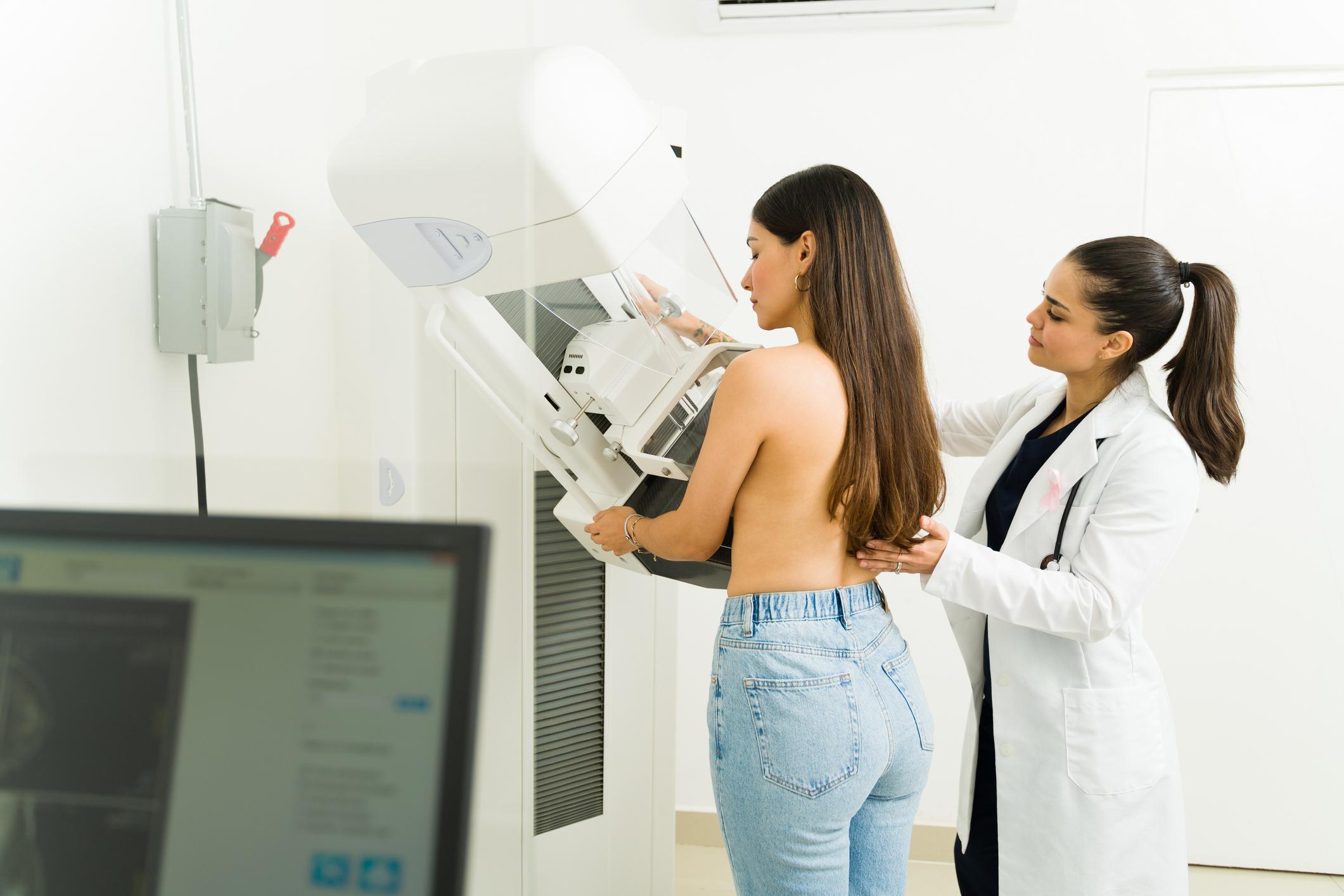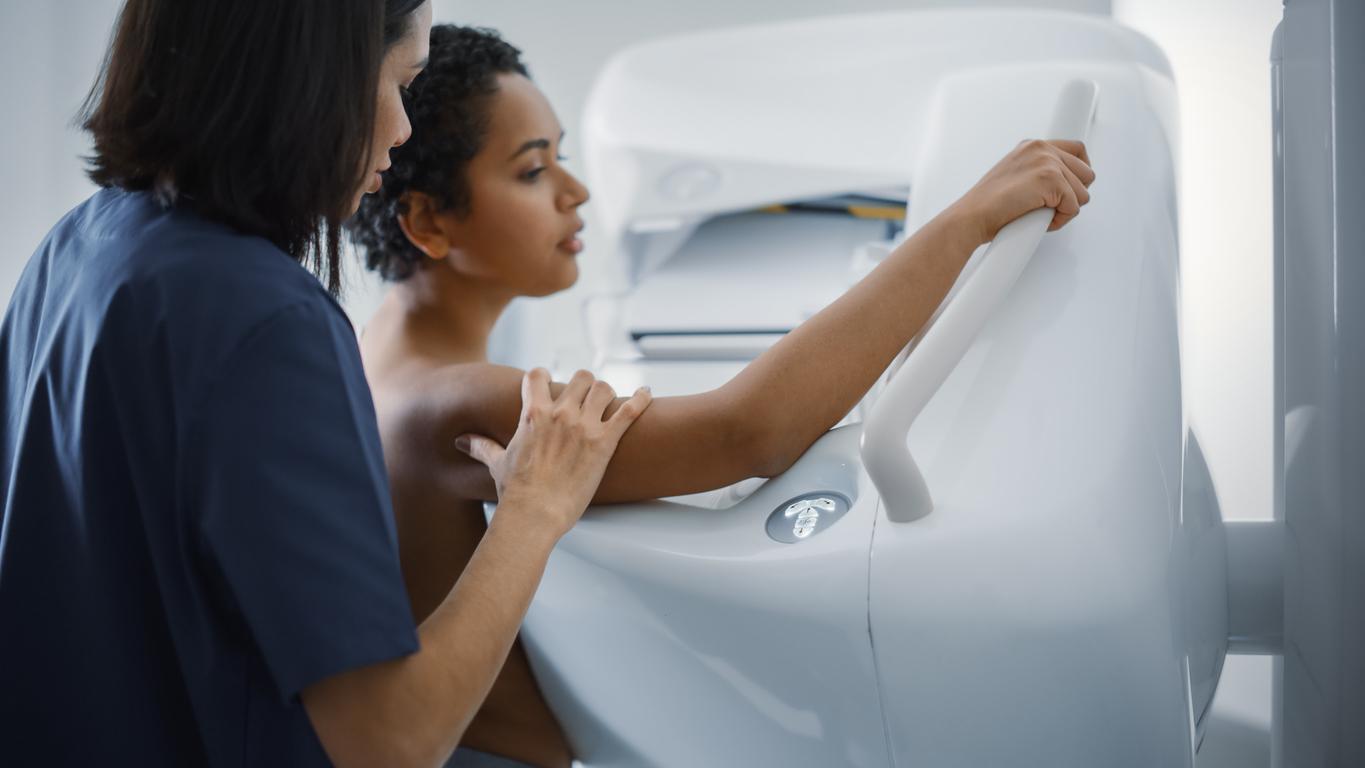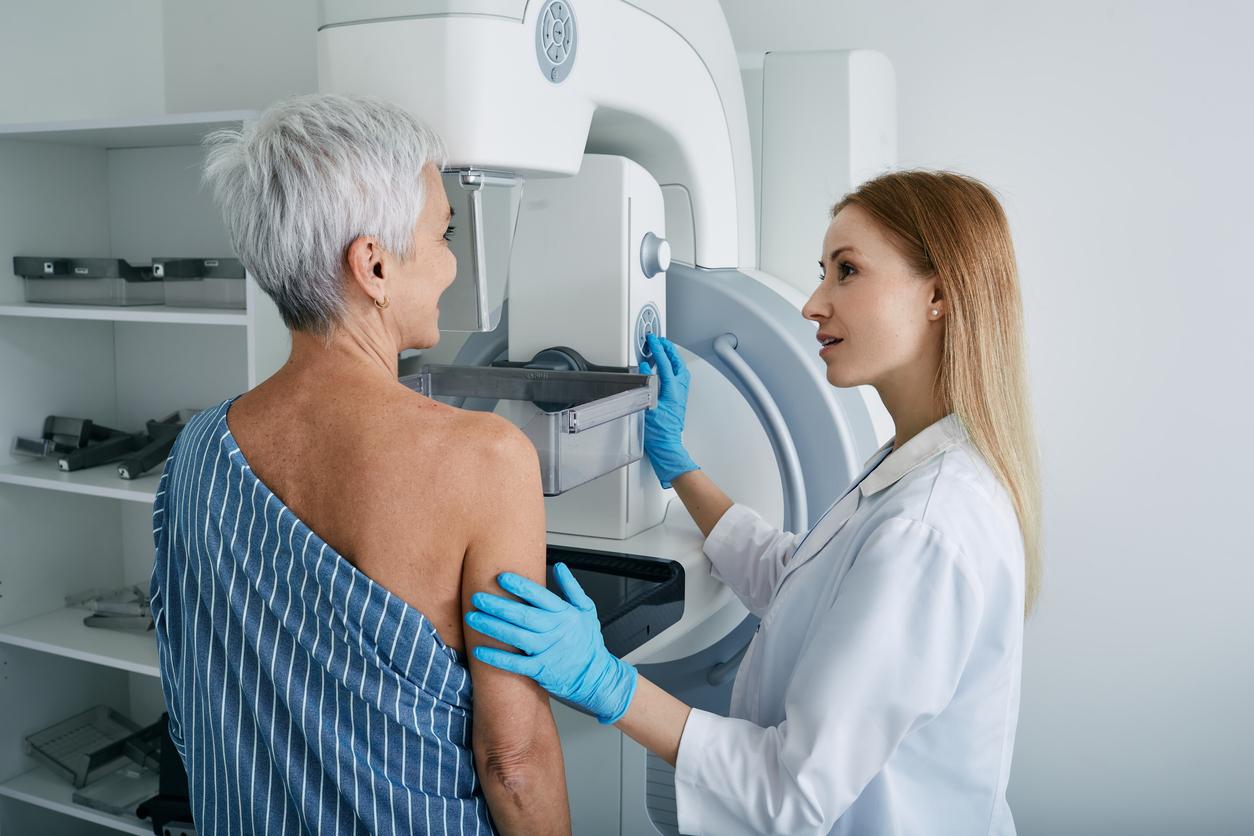October 6, 2003 – A structured program to prevent breast cancer using mammography would indeed save lives, although the results generated by this test would not always be entirely reliable.
In Denmark, researchers have found that when all women aged 50 to 69 living in a given region are routinely invited to have a screening mammogram, the cancers detected are usually much less advanced and therefore easier to treat. Thus, the incidence of stage II or higher breast cancer at the time of diagnosis was 43%, compared to 65% in regions where this program is less well structured.
The results of this study were made public at the 12e European cancer conference. The authors believe their results confirm the usefulness of mammography, which has been questioned since the recent publication of two articles in The Lancet journal.1.2 .
However, another study, this one published in the Journal of the National Cancer Instituterecently came to the conclusion that mammograms performed in Canada and the United States generate more “false positives” than elsewhere in the world. The number of mammograms found to be abnormal was 2% to 4% higher in North America, without a corresponding increase in the number of breast cancers detected.
In concrete terms, this means that just under 5% of Canadian women who learned that their mammogram showed an abnormal result actually had cancer.
Jean-Benoit Legault – PasseportSanté.net
According to Medscape and Canadian Press; September 17 and 25, 2003.
1. Gotzsche PC, Olsen O. Is screening for breast cancer with justifiable mammography? Lancet 2000 Jan 8; 355 (9198): 129-34.
2. Olsen O, Gotzsche PC. Cochrane review on screening for breast cancer with mammography. Lancet 2001 Oct 20; 358 (9290): 1340-2.















